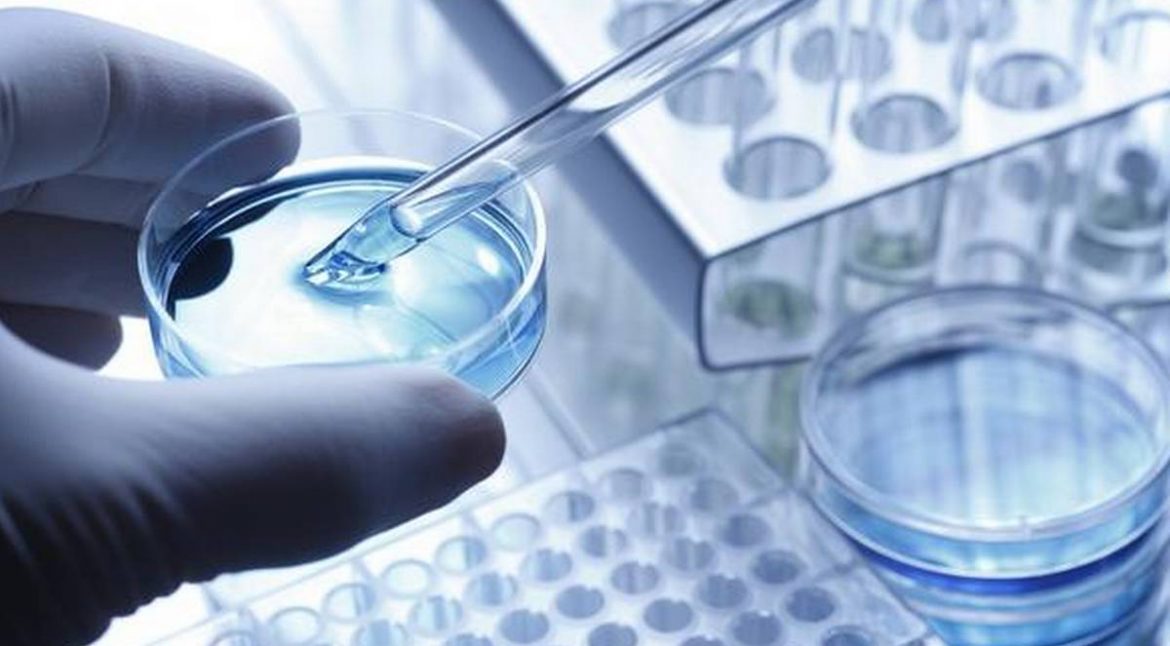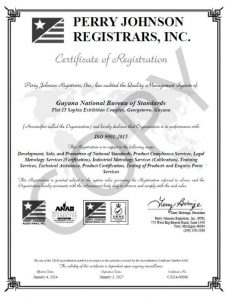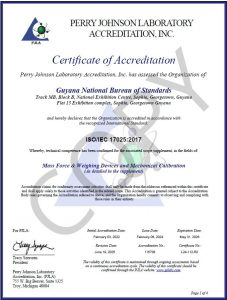With the pervasive spread of the COVID-19 virus worldwide, which is causing widespread sickness and deaths, the need for reliable laboratory testing is crucial for saving lives. International Standards are implemented by medical laboratories worldwide to ensure that reliable results are provided to those requiring testing services.
According to Clare Naden, an International Organisation for Standardisation (ISO) Correspondent in her article dated on March 17, 2020 “Never before have reliability and accuracy been so important for medical laboratories. Robust risk management processes are the best defence against errors and false results. One of the world’s most trusted guidance documents for risk management in medical laboratories has just been updated to help.”
The reliability of laboratory results in medical settings is essential for correct diagnoses and positive clinical outcomes, so implementing measures to reduce the risk of errors is an essential part of business.
ISO 22367, Medical laboratories – Application of risk management to medical laboratories, specifies a process for a medical laboratory to identify and manage the risk to patients and service providers that are associated with medical laboratory examinations. It has just been updated to align with other International Standards in the industry, such as ISO 14971 for risk management in medical devices, and to provide more effective guidance for the sector.
The standard replaces ISO/TS 22367, Medical laboratories – Reduction of error through risk management and continual improvement, a technical specification used by governments and laboratories around the world to help reduce and manage risks associated with medical laboratory services.
Dr Jack J. Zakowski, Chair of the committee of experts that developed the standard, said risk management in medical settings is complex because it involves the cooperation of many stakeholders, and each stakeholder may have a different perspective on the risk of harm. Internationally agreed and adopted standards, therefore, ensure adequate safety levels.
“Activities in a medical laboratory can expose patients, workers or other stakeholders to a variety of hazards, which can lead directly or indirectly to varying degrees of harm,” he said.
“Effective risk management involves a planned, systematic process that addresses both the probability of harm occurring and the consequences of that harm.
“It works best when aligned with quality and safety management to cover all possible sources of risk, which is why ISO 22367 was updated to correspond with the latest version of ISO 14971 for risk management in medical devices and ISO 15190 that provides guidance on medical laboratory safety. It is also a key requirement of ISO 15189 for the quality and competence of medical laboratories.”
ISO 22367 was developed by ISO technical committee ISO/TC 212, Clinical laboratory testing and in vitro diagnostic test systems, the secretariat of which is held by ANSI, ISO’s member for the USA. It can be purchased from your national ISO member or through the ISO Store.
In Guyana, the Guyana National Bureau of Standards (GNBS) certifies laboratories to the National Laboratory Standard, GYS 170: 2009 “General requirements for the operation of a laboratory”. This standard allows the laboratory to develop a comprehensive management system, which facilitates the delivery of accurate and reliable test results. In addition, some local medical facilities are already accredited and certified to international (ISO) standards, while other have set their sights on getting there.
For further information, please contact the GNBS on telephone numbers: 219-0069, 219-0065, 2190062 or visit the GNBS Website: www. gnbsgy.org







